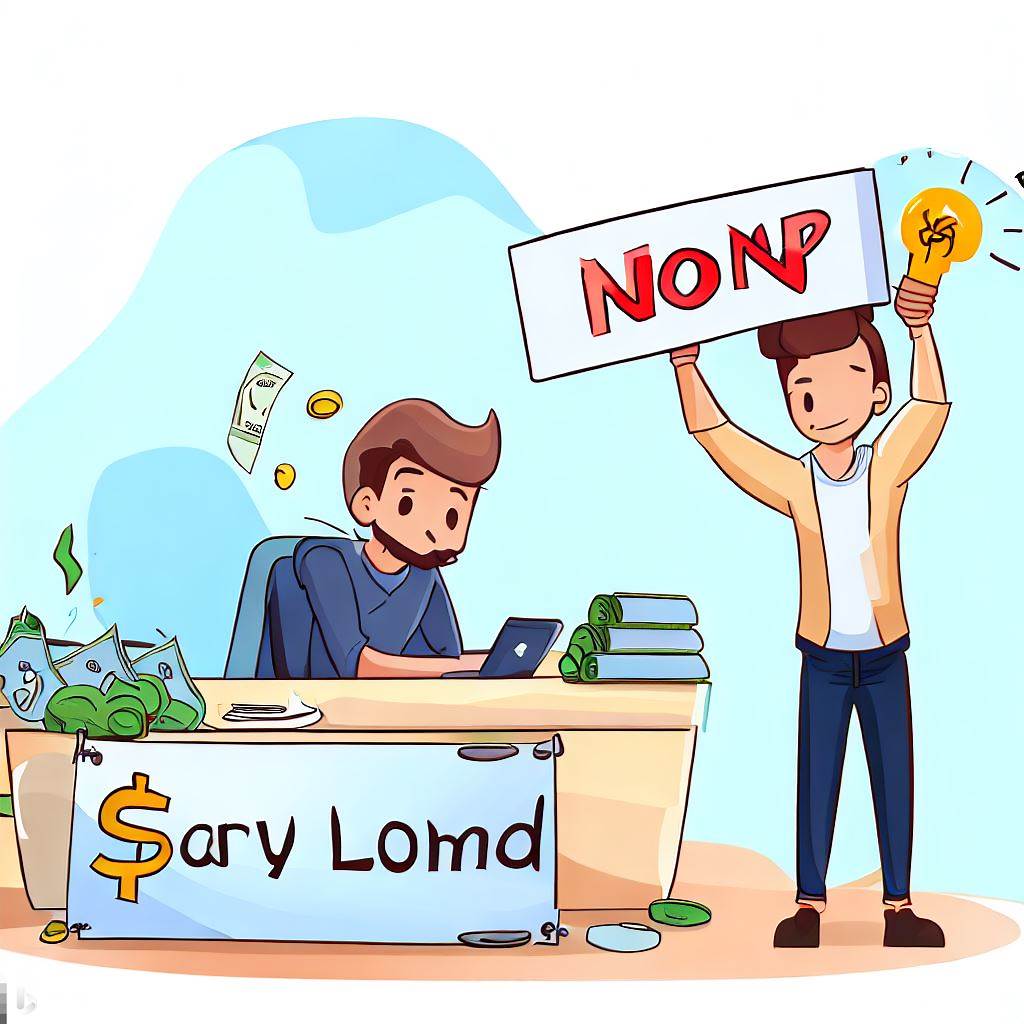How to Get a Startup Business Loan With No Money – Great Question!
Starting a business with no money can be overwhelming, especially when you consider the expenses involved in rent, equipment, inventory, and marketing. However, don’t let a lack of funding stop you from pursuing your dreams. In this article, we will explore various ways to get a startup business loan even if you don’t have any money saved up. So, if you’re wondering how to get a startup business loan with no money, read on for some valuable insights and tips.
Crowdfunding
Crowdfunding is a popular way to raise money from a large number of people, typically through an online platform like Kickstarter or Indiegogo. To get a loan through crowdfunding, you’ll need to create a compelling campaign that explains your business idea and why people should invest in you. You’ll also need to set a funding goal and a deadline. If you reach your funding goal by the deadline, you’ll receive the money from your investors.
Angel Investors
Angel investors are wealthy individuals who invest in early-stage businesses that have the potential for high growth. To find an angel investor, you can attend angel investor events or network with people in your industry. Once you’ve found an angel investor who’s interested in your business, you’ll need to pitch your business to them.
Government Loans
The government offers a number of loans and grants to small businesses. These loans can be a great option for businesses that don’t qualify for traditional bank loans. The Small Business Administration (SBA) offers a variety of loans, including 7(a) loans, SBA Express loans, and microloans.
Bank Loans
Traditional bank loans are a good option for businesses that have a good credit history and a solid business plan. However, it can be difficult to get a bank loan if you’re a new business with no track record. Shop around and compare interest rates from different lenders. Be prepared to provide the lender with a lot of documentation, such as your business plan, financial statements, and personal credit report.
Credit Cards
If you have good credit, you may be able to use a credit card to finance your startup. However, it’s important to use credit cards wisely. Only charge what you can afford to pay off in full each month to avoid paying high interest rates and fees.
Personal Loans
If you don’t have any other options, you may be able to get a personal loan from a bank or credit union. However, personal loans typically have high interest rates, so it’s important to make sure you can afford the payments.
In addition to these funding options, you may also want to consider working with a startup consultant to develop a business plan, raise money, and market your business. Startup business insurance is also an essential consideration to protect your business from financial losses due to things like lawsuits, property damage, and theft.
To increase your chances of getting approved for a loan, make sure to do your research, prepare your documentation, and present a compelling case for your business idea. With these tips, you can secure funding for your startup and start building your dream business.
FAQ
Is it possible to get a business loan with no revenue?
Yes, it is possible to get a business loan with no revenue, but it may be more difficult to qualify and the loan terms may be less favorable.
How to get startup funding with no money?
There are several ways to get startup funding with no money, including crowdfunding, government loans, personal loans, credit cards, and angel investors. You can also work with a startup consultant to help develop a business plan and raise money. However, it’s important to note that getting funding with no money may be challenging and may require a strong business plan and pitch.
Do banks give loans to start a business?
Yes, banks do provide loans for starting a business. However, the requirements for obtaining a business loan from a bank may be more stringent than those for obtaining other types of loans. The bank may require a solid business plan, a good credit history, collateral, and other financial documents to ensure that the borrower is capable of repaying the loan.


